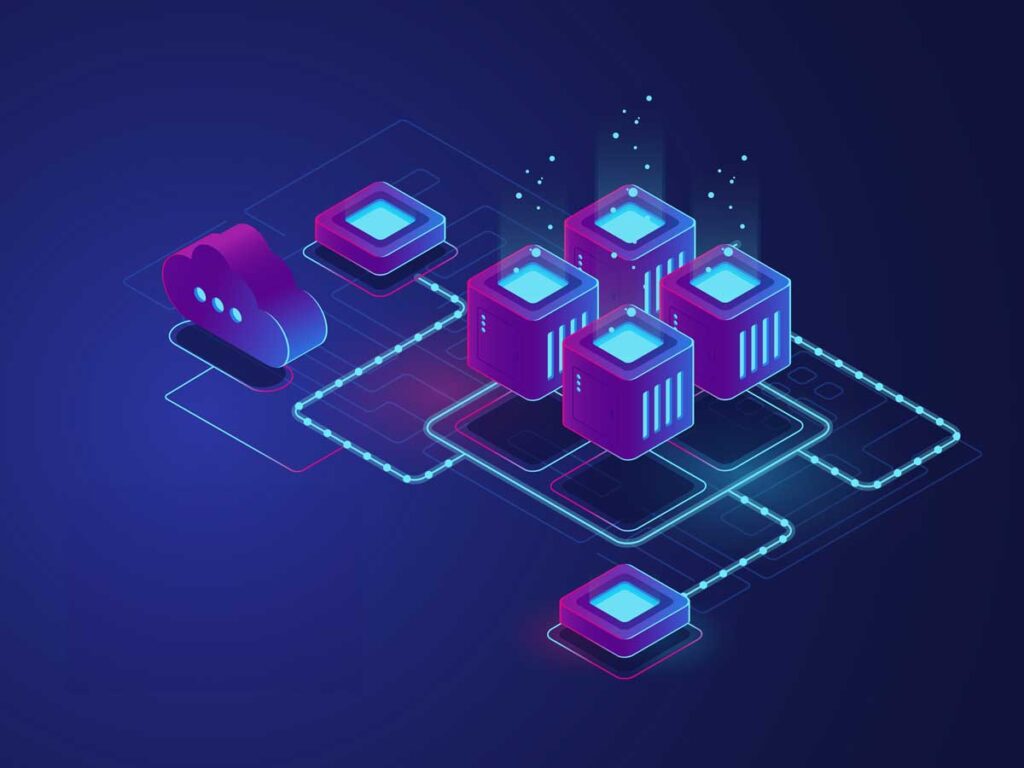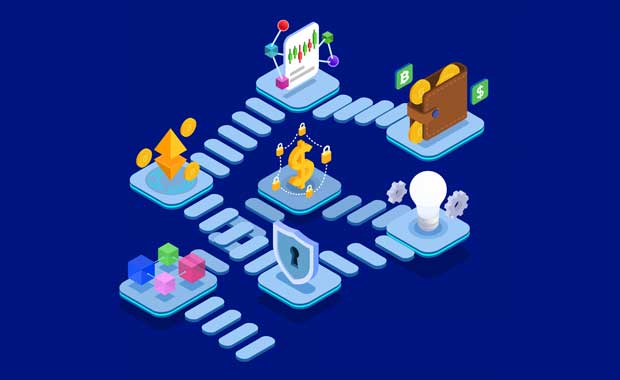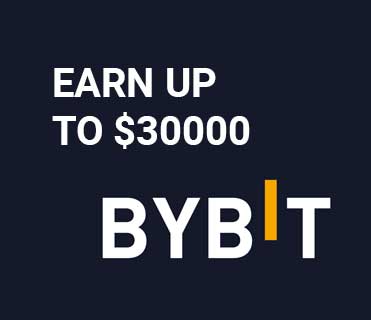Welcome to the world of DApps – decentralized applications! In this blog, we will explore the concept of DApps and how they are revolutionizing the way we interact with technology. We will discuss the benefits of DApps, the different types of DApps, how DApps work, and the challenges of using DApps. By the end of this blog, you will have a full understanding of DApps and why they are becoming so popular. So, let’s get started!
What are DApps?
Decentralized Applications (DApps) are software programs that are built on a decentralized network. Unlike traditional applications, DApps are not controlled by a single entity or organization, but rather by a distributed network of nodes. This distributed network is powered by blockchain technology, which allows for a secure and immutable way of storing and transferring data.
Comparison with Traditional Applications:
Traditional applications are centralized, meaning that they are controlled by a single entity or organization. This centralized structure gives the entity or organization full control over the application and its data. By contrast, DApps are decentralized, meaning that they are not controlled by a single entity or organization, but rather by a distributed network of nodes. This distributed network is powered by blockchain technology, which allows for a secure and immutable way of storing and transferring data.
How DApps are Different:
DApps are different from traditional applications in a number of ways. First, DApps are open-source, meaning that anyone can view and contribute to the codebase. This allows for a more transparent development process, as well as a more secure and reliable product. Additionally, DApps are decentralized, meaning that they are not controlled by a single entity or organization, but rather by a distributed network of nodes. This distributed network is powered by blockchain technology, which allows for a secure and immutable way of storing and transferring data. Finally, DApps are often incentivized, meaning that users can be rewarded with tokens or other forms of cryptocurrency for contributing to the network.
In conclusion, DApps are a new kind of application that are built on a decentralized network. They are different from traditional applications in a number of ways, including being open-source, decentralized, and often incentivized. This makes them more secure, reliable, and transparent than traditional applications.
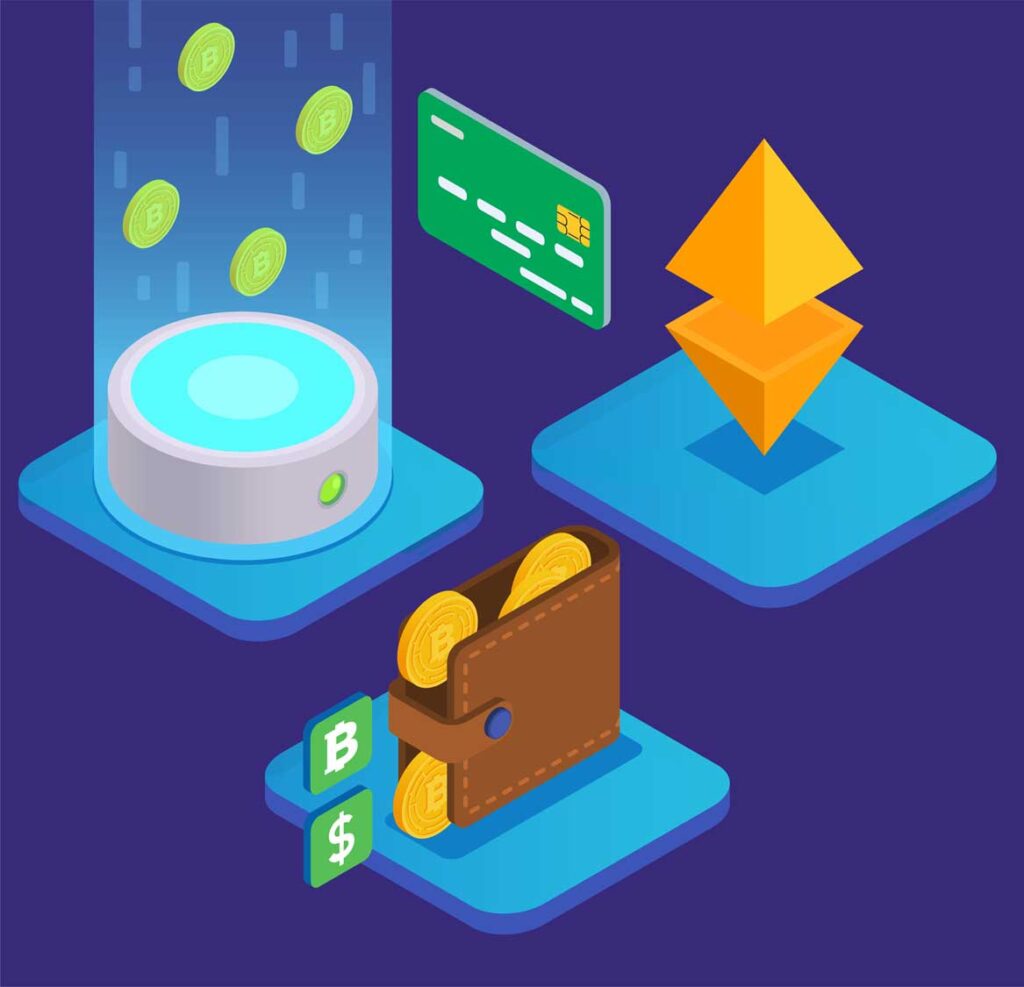
Benefits of DApps
Decentralized applications, or DApps, are quickly becoming an important part of the blockchain ecosystem. They offer users a range of advantages, from improved security and privacy to increased transparency and trust. Here are some of the key benefits of using DApps:
- Security: DApps are built on blockchain technology, which makes them more secure than traditional applications. This means that data is stored in a distributed ledger, making it difficult for hackers to access and manipulate.
- Privacy: DApps also offer users enhanced privacy. Since the data is stored on a distributed ledger, it is difficult for third-parties to access and manipulate user data. This helps ensure that user data is kept safe and secure.
- Transparency: DApps are also more transparent than traditional applications. Since the data is stored on a distributed ledger, it is easy to track and verify transactions. This helps to ensure that users can trust the information they are seeing.
- Trust: DApps also offer users increased trust. Since the data is stored on a distributed ledger, it is difficult for third-parties to manipulate user data. This helps to ensure that users can trust the information they are seeing.
- Cost savings: DApps can also help users save money. Since they are built on blockchain technology, they can eliminate the need for middlemen or intermediaries, which can help reduce costs.
- Improved user experience: DApps can also improve user experience. Since they are built on blockchain technology, they can offer users faster and more secure transactions. This can help to improve user satisfaction and engagement.
Overall, DApps offer users a range of advantages, from improved security and privacy to increased transparency and trust. By leveraging the power of blockchain technology, DApps can help users save money, improve user experience, and increase trust.
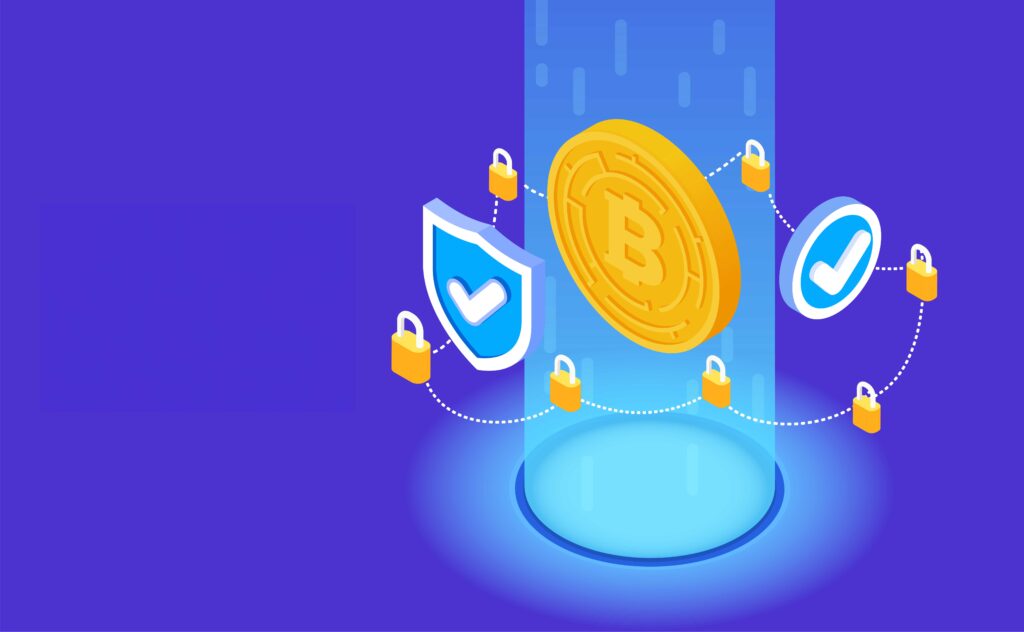
Types of DApps
When it comes to decentralized applications (DApps), there are several different types of DApps that are available. Depending on the purpose of the application, the features and functions of the DApp can vary. Here is a breakdown of the different types of DApps and the features associated with each type.
Categorization of DApps:
DApps can be broadly categorized into three main types: financial DApps, utility DApps, and governance DApps.
Financial DApps:
Financial DApps are decentralized applications that are used to manage digital assets and facilitate transactions. These DApps are often used for cryptocurrency trading, payments, and other financial activities. Examples of financial DApps include decentralized exchanges (DEXs), wallets, and payment processors.
Utility DApps:
Utility DApps are decentralized applications that are used to provide services or products. These DApps are often used to create user experiences such as games, social networks, media platforms, and data storage. Examples of utility DApps include decentralized file storage, online marketplaces, and gaming platforms.
Governance DApps:
Governance DApps are decentralized applications that are used to facilitate decision-making. These DApps are often used to create decentralized organizations, voting systems, and autonomous systems. Examples of governance DApps include DAOs, voting systems, and smart contracts.
Features of Each Type of DApp:
Each type of DApp comes with its own set of features and functions. Financial DApps are designed to facilitate transactions and manage digital assets. Utility DApps are designed to provide services or products. Governance DApps are designed to facilitate decision-making.
No matter what type of DApp you are looking for, there is sure to be one that meets your needs. Whether you need a financial DApp, a utility DApp, or a governance DApp, there will be one that fits your requirements.
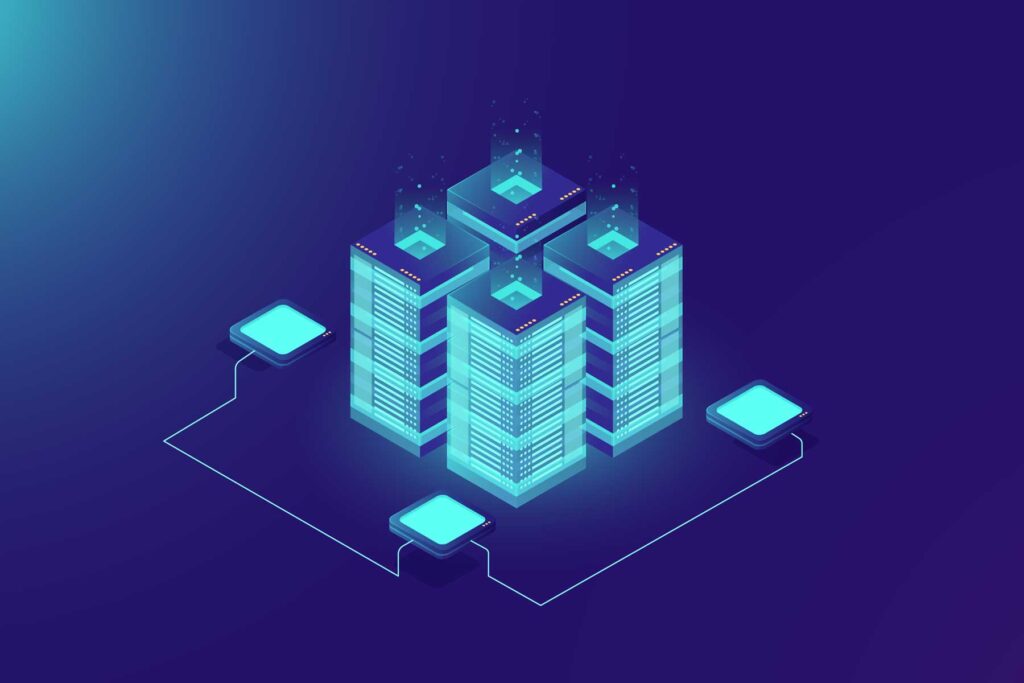
How DApps Work
DApps, or decentralized applications, are applications that run on a distributed network of computers, rather than on a single server or computer. This means that they are not owned or operated by a single entity, but instead are maintained by a network of users. DApps are built on top of blockchain technology, which is the underlying technology behind cryptocurrencies like Bitcoin and Ethereum.
The process of using DApps is very similar to using a regular web application. You can access a DApp from your web browser or mobile device, and use it to interact with the blockchain. Depending on the type of DApp, you may need to use a cryptocurrency to make transactions.
The technology behind DApps is what makes them so revolutionary. DApps are built on top of blockchain technology, which is a distributed ledger system that allows users to securely store and transfer data without the need for a central authority. This means that users can interact with the blockchain without relying on a third party, such as a bank or government.
The advantages of using DApps are numerous. They are secure, reliable, and transparent, as all data is stored on the blockchain, which is immutable. Furthermore, DApps are decentralized, meaning that no single entity has control over them. This makes them resistant to censorship, as no one can control or shut them down. Additionally, DApps are often open source, meaning that anyone can contribute to their development and improvement.
In conclusion, DApps are revolutionary applications that are built on top of blockchain technology. They offer users the ability to securely store and transfer data without the need for a central authority, and are resistant to censorship. Furthermore, they are often open source, meaning that anyone can contribute to their development and improvement.
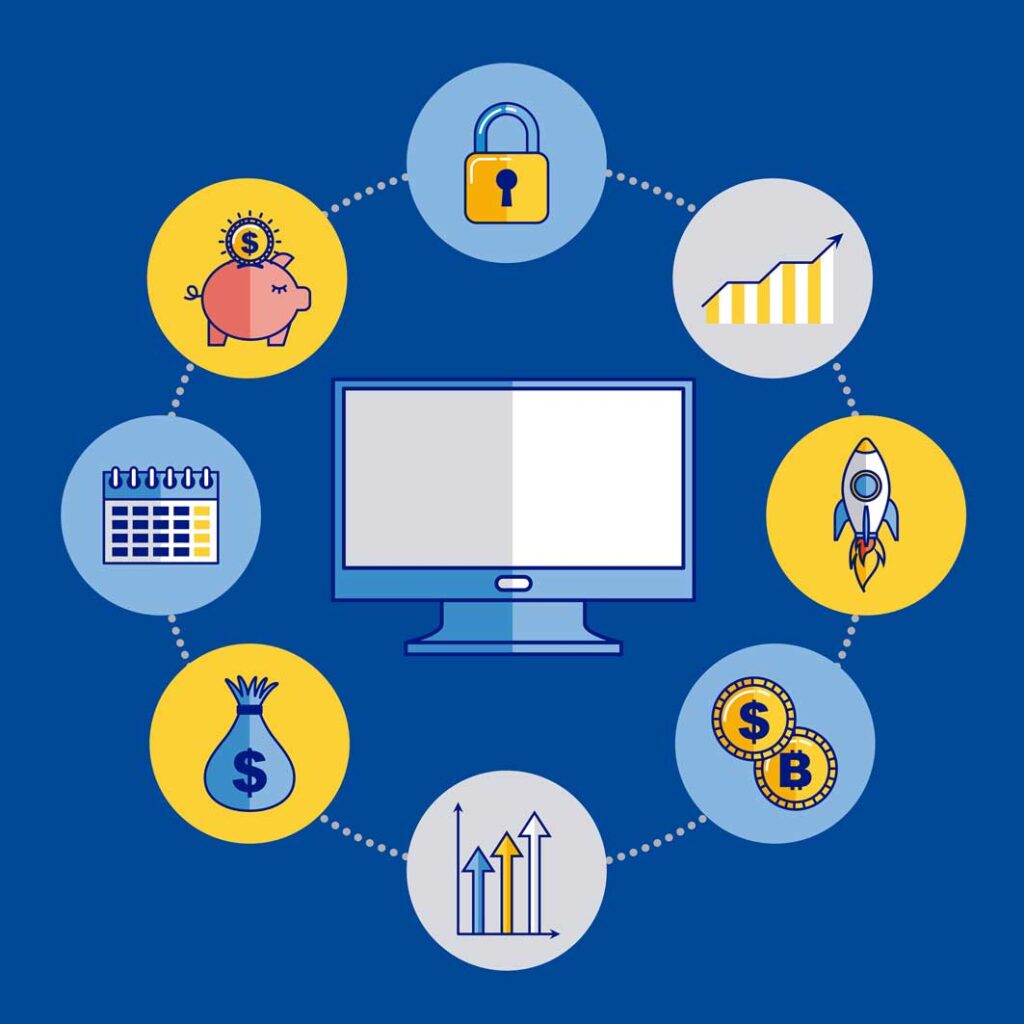
Challenges of DApps
The world of decentralized applications (DApps) is an exciting one, but it does come with its own set of challenges. While DApps offer numerous advantages, such as increased privacy, security, and trust, they also present some potential problems. In this chapter, we’ll look at the risks of using DApps, security issues of DApps, and potential problems with DApps.
Risks of Using DApps
The primary risk of using DApps is that they are not regulated like traditional applications. This means that users are taking a risk when using a DApp, as there is no legal protection in the event that something goes wrong. This is why it’s important to do your research on any DApp before using it, to make sure it is secure and trustworthy.
Security Issues of DApps
Another challenge of using DApps is that they are vulnerable to security issues. This is because DApps are not backed by a centralized authority, meaning there is no one to monitor and protect them from malicious actors. This means that DApps can be susceptible to hacking, theft, and other forms of cybercrime. It’s important to ensure that any DApp you use is secure and properly maintained.
Potential Problems with DApps
Finally, DApps can also face potential problems due to their decentralized nature. This is because DApps are not subject to the same rules and regulations as traditional applications, meaning that developers can be less accountable for their actions. This can lead to issues such as bugs and glitches, as well as potential scams and fraud. It’s important to be aware of these potential problems when using DApps.
In conclusion, there are a number of challenges associated with using DApps. These include the risks of using DApps, security issues of DApps, and potential problems with DApps. It’s important to do your research on any DApp before using it, to ensure that it is secure and trustworthy.
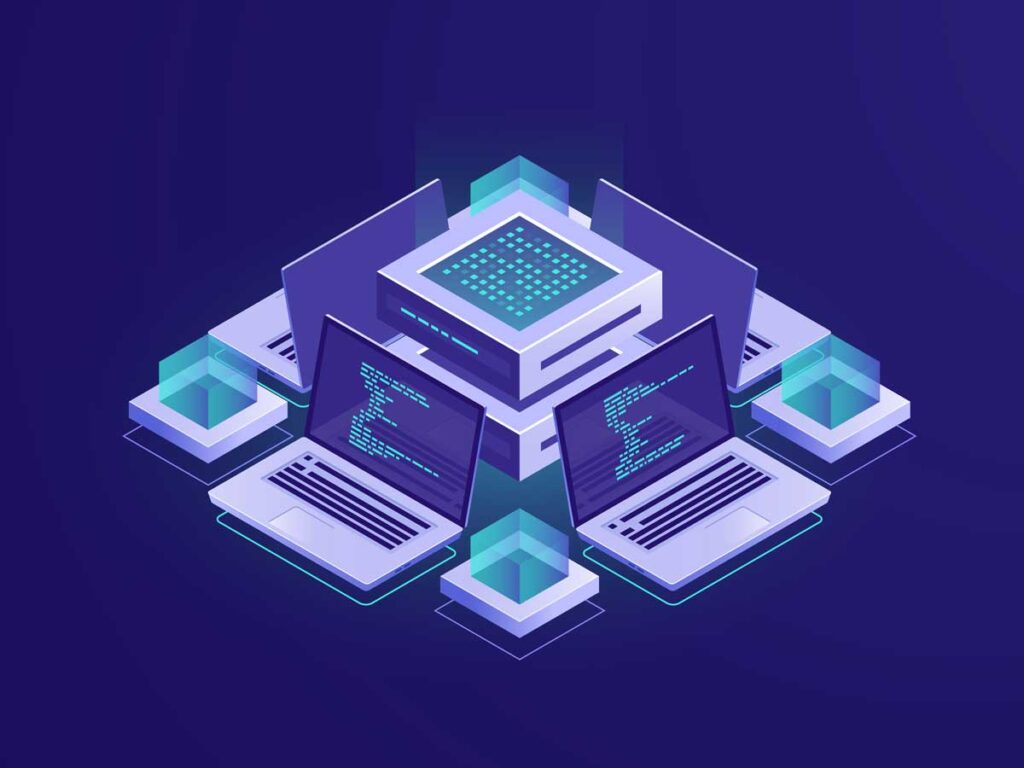
Conclusion
Decentralized applications, or DApps, are a revolutionary technology that has the potential to revolutionize the way people interact with the internet. By utilizing blockchain technology, DApps are able to provide users with a secure, reliable, and transparent way to interact with the digital world. While the technology is still in its infancy, the potential for DApps to revolutionize the way we interact with the internet is immense.
The benefits of DApps are numerous, including increased security, improved transparency, and the ability to create trustless applications. Additionally, DApps can be used to create a variety of different types of applications, such as gaming, finance, and social media. Finally, the challenges of DApps are still being explored, but the potential for DApps to revolutionize the way we interact with the internet is undeniable.
In conclusion, DApps are a revolutionary technology that has the potential to revolutionize the way people interact with the internet. By utilizing blockchain technology, DApps are able to provide users with a secure, reliable, and transparent way to interact with the digital world. With the potential for DApps to revolutionize the way we interact with the internet, it is clear that this technology is one to watch in the years to come.
